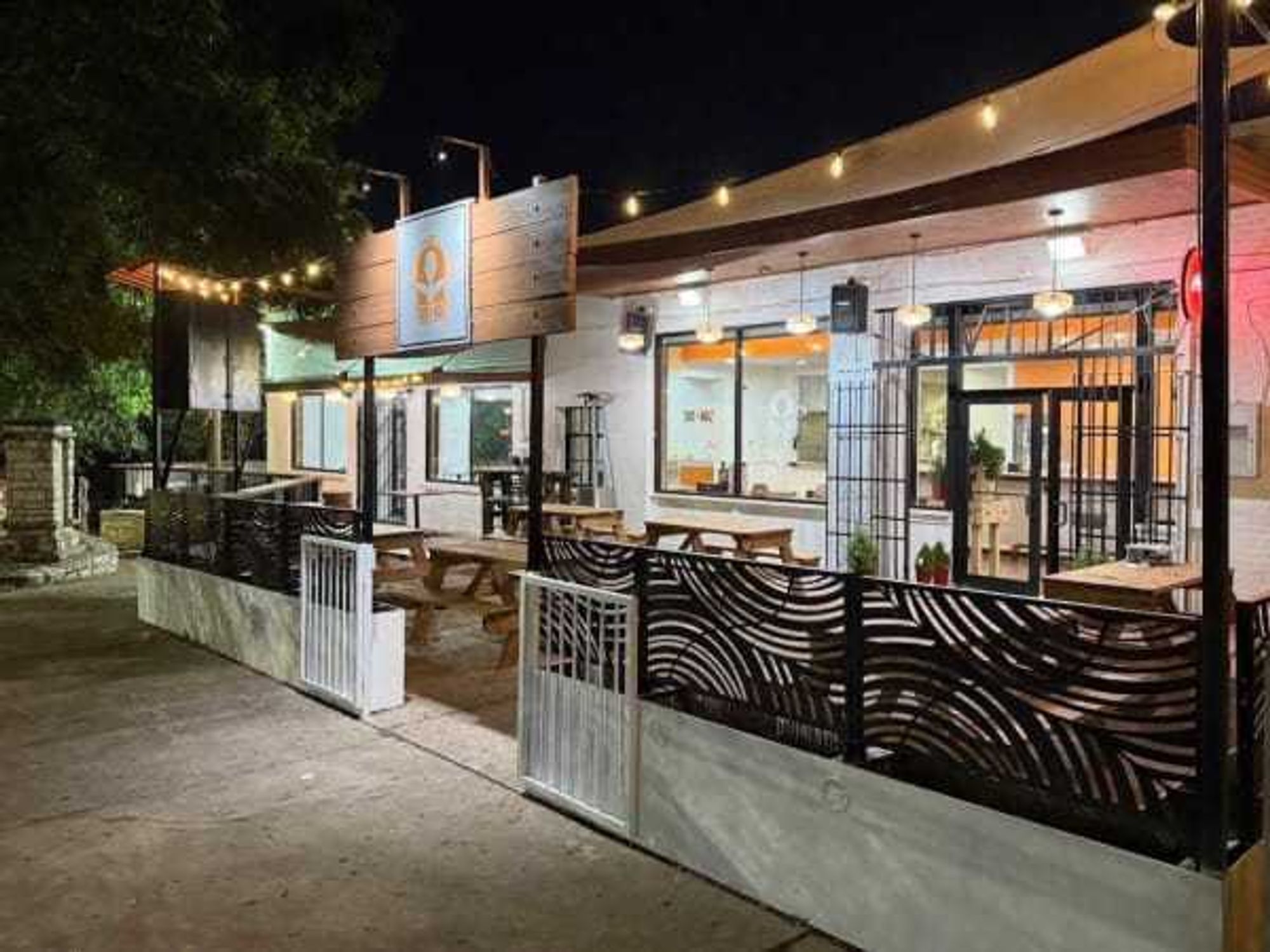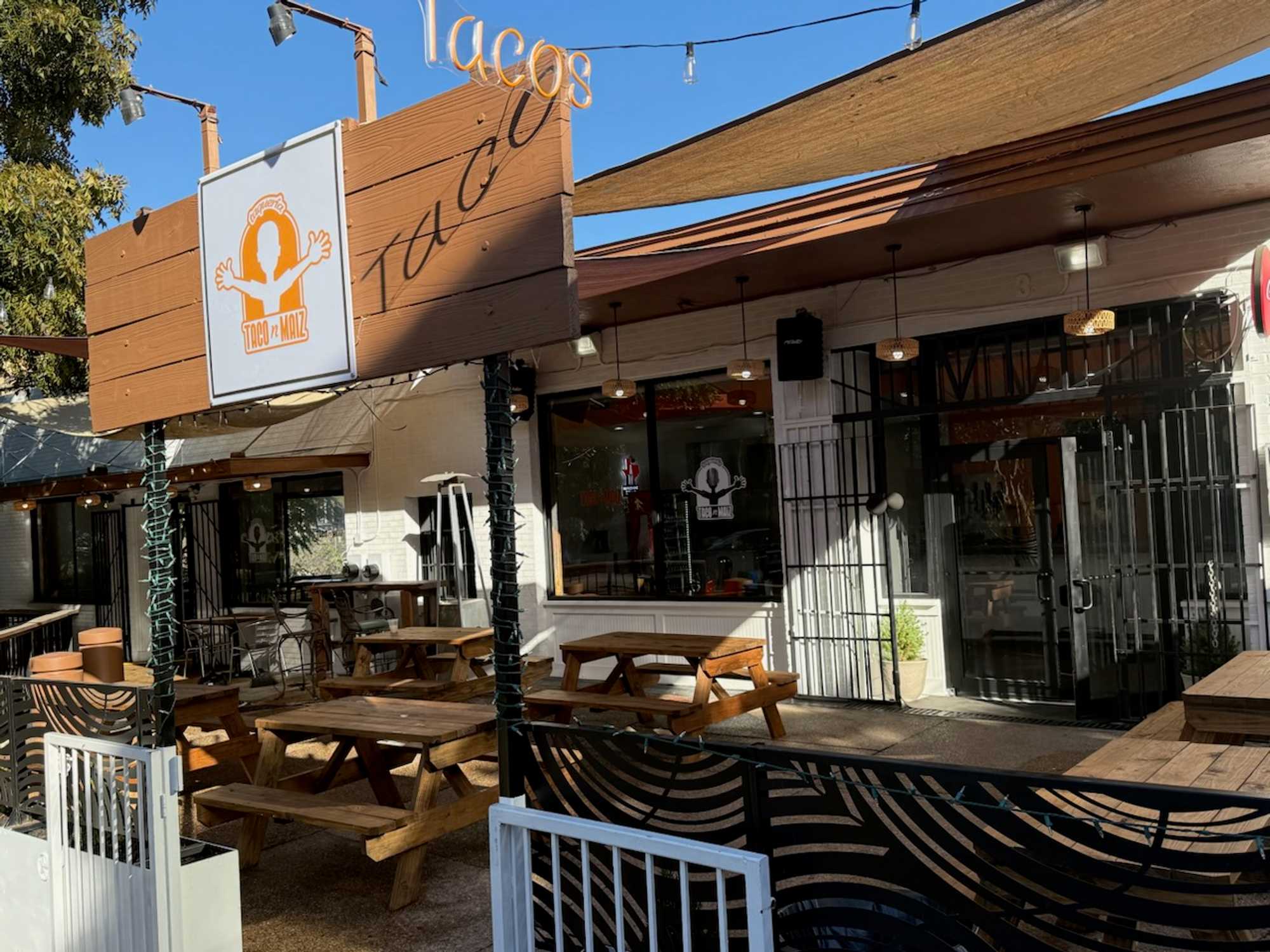Culinary Matchmaking
Culinary matchmaking: Forager Valerie Broussard on connecting local chefs and farmers
When you think of matchmakers, you think of dating, but in the culinary world, foragers like Austinite Valerie Broussard serve as the liaison between small farmers, producers and chefs. Drawing on her experience as Starwood’s first forager at the W Austin, Broussard has struck out on her own to connect area chefs and retailers with the freshest and best products from local farms.
“Sourcing from small farms is a very different model than calling a big distributor and having the goods arrive on a large truck a day or two later. If you want fresh food harvested to order, you have to know the farmer’s harvest schedule,” says Broussard. “On a hot summer day they can’t pick at midday and deliver to you that afternoon. My role is to inform my clients about those nuanced details to help them be more successful with local sourcing.”
Broussard fell in love with locally grown food when she worked as the produce manager at Balducci’s in New York. “I am from Louisiana and I didn’t grow up with apples being a big part of our food culture,” says Broussard. “In New York we got in all these heirloom varieties and I never knew an apple could have spice notes and taste like cinnamon. I was just blown away and I wanted to know more.”
After spending more than a decade in New York, Broussard moved to Austin and worked as the organic food coordinator at Barr Mansion before joining the team at the W. The art of her work is in seeing and hearing the things that others might miss. For chefs who are busy running their kitchens, she acts an extension of the kitchen, vetting what is worth presenting to them and finding things that will work on their menus. She helps farmers see their crops through the eye of the chef, and often helps them identify potential sales that they may have otherwise missed.
Broussard regularly tours farms for things that might pique a chef's interest, like wild mustang grapes or cardoons, a relative of the artichoke. “I was talking to a farmer about elderberries and the farmer said, ‘Oh yeah, we have those,’” explains Broussard. “I told them to name their price because someone is going to be interested. Some farmers don’t realize all of the things they have growing that have culinary value. A flower, stem or bark can have as much value as the main crop.”
For ingredients that are in scarce supply or have short seasons, it can be a race to see who can get to them first. “What I’m hoping is that if five chefs tell me they want an ingredient and it grows in this climate, then I can communicate that with the farms and they can grow more,” says Broussard.
“If we work together, then we should be able to find a buyer for everything that is grown. If it’s a quality product and its fresh and delicious, there is no reason it shouldn’t get into the right hands,” says Broussard, whose special talents result in fresh, coveted ingredients for chefs — and Austinites — to enjoy.

 Taco N Maíz during the day.Photo courtesy of Taco N Maíz
Taco N Maíz during the day.Photo courtesy of Taco N Maíz